Six Not-So-Easy Pieces
By Richard Feynman
Category
ScienceRecommended by
"Six Not-So-Easy Pieces" by Richard Feynman is a compilation of select chapters from his iconic "Lectures on Physics" series. This concise and accessible collection presents six essential topics in physics, each meticulously explained by Feynman in his characteristic engaging style.
The book begins with an exploration of the atomic theory, where Feynman delves into the development of this fundamental concept and its implications for understanding the behavior of matter. He then moves on to discuss the relationship between physics and mathematics, emphasizing the importance of mathematical reasoning in scientific inquiry.
Feynman then turns his attention to the conservation of energy, providing a detailed explanation of this principle and its applications across different physical phenomena. He places special emphasis on the idea of symmetry and its role in understanding the behavior of physical systems.
The concept of quantum mechanics is introduced, as Feynman unravels the mysteries behind wave-particle duality, quantum probability, and the famous double-slit experiment. He also shines a light on the intriguing world of spin, exploring this intrinsic property of elementary particles and its implications for quantum mechanics.
Continuing with the theme of quantum mechanics, Feynman delves into the phenomenon of superconductivity, offering a comprehensive explanation of its behavior and potential applications. Lastly, he introduces the theory of gravitation and general relativity, engaging readers in a captivating discussion of the fundamental theories that govern the behavior of the universe.
Through clear and concise explanations, "Six Not-So-Easy Pieces" provides readers with an accessible introduction to a diverse range of essential topics in physics. Feynman's unique ability to distill complex ideas while maintaining a captivating narrative makes this book a valuable resource for both science enthusiasts and newcomers to the subject.
The book begins with an exploration of the atomic theory, where Feynman delves into the development of this fundamental concept and its implications for understanding the behavior of matter. He then moves on to discuss the relationship between physics and mathematics, emphasizing the importance of mathematical reasoning in scientific inquiry.
Feynman then turns his attention to the conservation of energy, providing a detailed explanation of this principle and its applications across different physical phenomena. He places special emphasis on the idea of symmetry and its role in understanding the behavior of physical systems.
The concept of quantum mechanics is introduced, as Feynman unravels the mysteries behind wave-particle duality, quantum probability, and the famous double-slit experiment. He also shines a light on the intriguing world of spin, exploring this intrinsic property of elementary particles and its implications for quantum mechanics.
Continuing with the theme of quantum mechanics, Feynman delves into the phenomenon of superconductivity, offering a comprehensive explanation of its behavior and potential applications. Lastly, he introduces the theory of gravitation and general relativity, engaging readers in a captivating discussion of the fundamental theories that govern the behavior of the universe.
Through clear and concise explanations, "Six Not-So-Easy Pieces" provides readers with an accessible introduction to a diverse range of essential topics in physics. Feynman's unique ability to distill complex ideas while maintaining a captivating narrative makes this book a valuable resource for both science enthusiasts and newcomers to the subject.
Share This Book 📚
More Books in Science
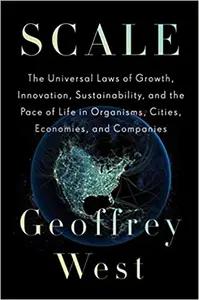
Scale
Geoffrey West

Einstein
Walter Isaacson

How to Change Your Mind
Michael Pollan

The Checklist Manifesto
Atul Gawande

When Breath Becomes Air
Paul Kalanithi

Behave
Robert Sapolsky

Who We Are and How We Got Here
David Reich

Genome
Matt Ridley

The Beginning Of Infinity
David Deutsch

The Origin of Consciousness in the Breakdown of the Bicameral Mind
Julian Jaynes

The Pleasure of Finding Things Out
Richard P. Feynman

The Selfish Gene
Richard Dawkins

The Structure of Scientific Revolutions
Thomas Kuhn

I Contain Multitudes
Ed Yong

If The Universe Is Teeming With Aliens...Where Is Everybody?
Stephen Webb

Living Within Limits
Garrett Hardin

Moonwalking with Einstein
Joshua Foer

QED
Richard Feynman

Six Easy Pieces
Richard P. Feynman

The Book of Why
Judea Pearl
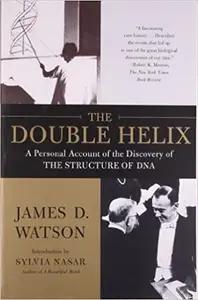
The Double Helix
James D. Watson Ph.D.
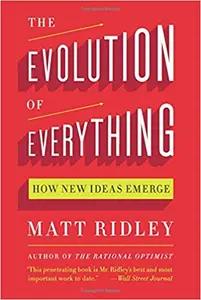
The Evolution of Everything
Matt Ridley
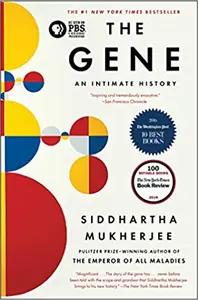
The Gene
Siddhartha Mukherjee

The God Delusion
Richard Dawkins

The Precipice
Toby Ord

Thing Explainer
Randall Munroe

What Do You Care What Other People Think?
Richard P. Feynman

100 Plus
Sonia Arrison
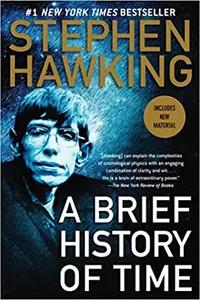
A Brief History of Time
Stephen Hawking
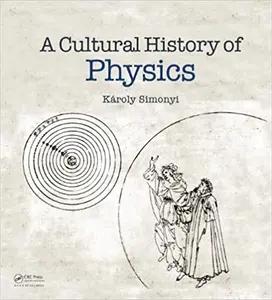
A Cultural History of Physics
Karoly Simonyi
Popular Books Recommended by Great Minds 📚

Scale
Geoffrey West

Bad Blood
John Carreyrou

Behind the Cloud
Marc Benioff

Poor Charlie's Almanack
Charlie Munger

Extreme Ownership
Jocko Willink

High Growth Handbook
Elad Gil

The Autobiography of Benjamin Franklin
Benjamin Franklin

The Dao of Capital
Mark Spitznagel

The Almanack of Naval Ravikant
Eric Jorgenson

Principles for Dealing With The Changing World Order
Ray Dalio
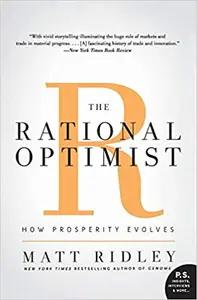
The Rational Optimist
Matt Ridley
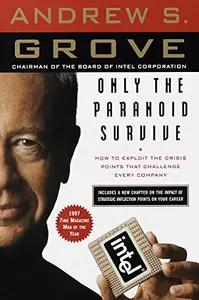
Only the Paranoid Survive
Andy Grove

Lying
Sam Harris

High Output Management
Andrew Grove
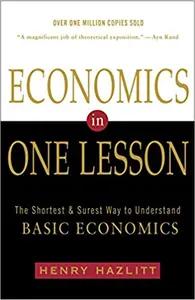
Economics in One Lesson
Henry Hazlitt
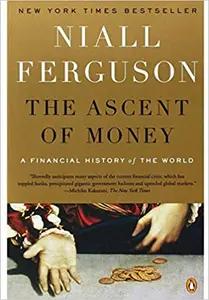
The Ascent of Money
Niall Ferguson

Blitzscaling
Reid Hoffman

Surely You're Joking Mr. Feynman
Richard Feynman

How to Change Your Mind
Michael Pollan
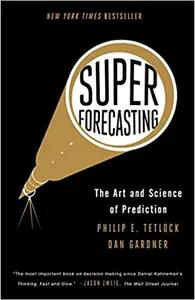
Superforecasting
Philip Tetlock

The Lord of the Rings
J.R.R. Tolkien

Range
David Epstein

The Intelligent Investor
Benjamin Graham

Wanting
Luke Burgis

The Hitchhikers Guide to the Galaxy
Douglas Adams
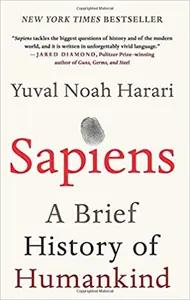
Sapiens
Yuval Noah Harari

The Score Takes Care of Itself
Bill Walsh

Give and Take
Adam Grant

The Undoing Project
Michael Lewis

Good To Great
Jim Collins
